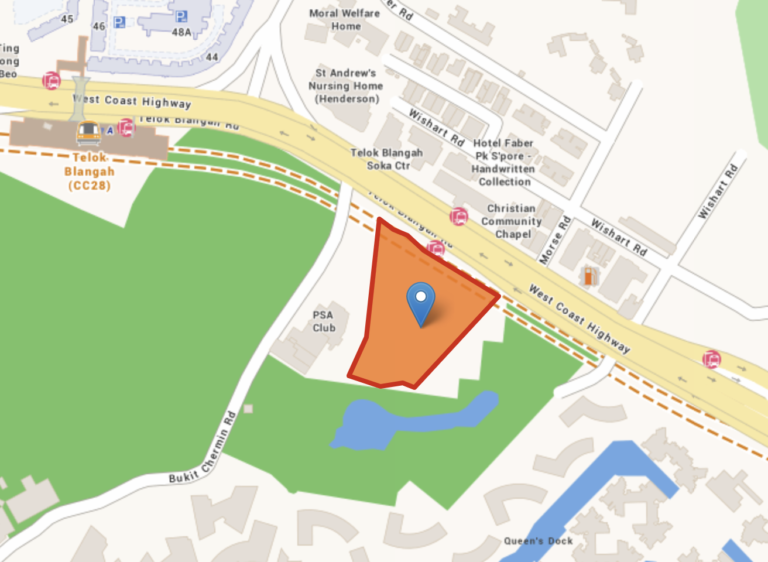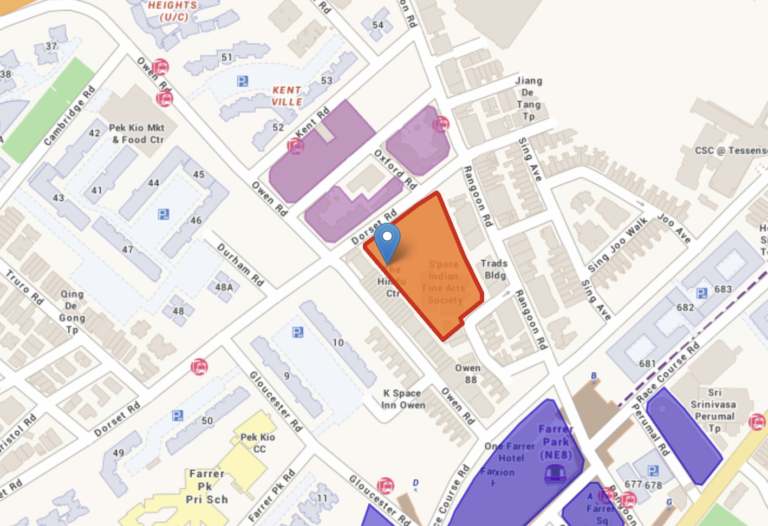Considering condo ownership in Singapore? There are several options and structures available to suit different needs and preferences.
In this guide, I’ll walk you through the main condo ownership options, highlighting their features, benefits, and potential drawbacks to help you make an informed decision.

Types of Condo Ownership
Freehold vs. Leasehold
Understanding the distinction between freehold and leasehold condos is crucial for any potential buyer in Singapore.
Freehold Condos:
- Perpetual Ownership: Owners have perpetual ownership of the property, which means it can be passed down through generations without a time limit.
- Higher Cost: These condos are typically more expensive due to their indefinite ownership period.
- Value Retention: Freehold properties tend to retain their value better over time, making them a solid long-term investment.
Leasehold Condos:
- Fixed Duration: These properties are leased for a fixed period, usually 99 years or 999 years. Upon lease expiry, ownership reverts back to the state.
- More Affordable: Leasehold condos are generally more affordable than freehold condos.
- Value Depreciation: As the lease period shortens, the property’s value may depreciate, which can affect long-term investment potential.
| Criteria | Freehold | Leasehold |
|---|---|---|
| Ownership Duration | Perpetual | Fixed period (99 or 999 years) |
| Cost | Higher | Lower |
| Value Over Time | Retains value better | Depreciates as lease period shortens |
| Suitability | Long-term investment, legacy | Short to medium-term investment |
In my experience, freehold condos are ideal for those who are planning to hold onto the property for an extended period or wish to leave a legacy. On the other hand, leasehold condos can be a practical choice for those with a more flexible timeline or limited budget.
Co-Ownership Structures
Joint Tenancy
Equal Ownership:
- All co-owners have equal shares in the property, regardless of their contribution to the purchase price.
- Right of Survivorship: Upon the death of one co-owner, their share automatically passes to the surviving co-owners.
- Best For: Married couples or close family members looking for a straightforward ownership structure.
Tenancy in Common
Unequal Ownership:
- Co-owners can hold different shares in the property, reflecting their contribution to the purchase price.
- No Right of Survivorship: Upon the death of a co-owner, their share is distributed according to their will or the Intestate Succession Act.
- Best For: Unrelated parties or business partners who need a flexible ownership structure.
| Criteria | Joint Tenancy | Tenancy in Common |
|---|---|---|
| Ownership Share | Equal | Can be unequal |
| Right of Survivorship | Yes | No |
| Transfer of Ownership | Automatically to co-owners | According to will or succession law |
| Best For | Spouses, close family members | Unrelated parties, business partners |
Joint tenancy is particularly beneficial for married couples or close family members due to its simplicity and the right of survivorship. Conversely, tenancy in common offers more flexibility, making it suitable for business partners or unrelated parties.
Multiple Property Ownership
HDB and Private Property Combination
Owning a combination of an HDB flat and a private property has its unique considerations:
- Eligibility: You must first own an HDB flat and fulfill the Minimum Occupation Period (MOP) of 5 years before purchasing a private property.
- Restrictions: Private property owners cannot purchase an HDB flat without selling their private property first. A 15-month wait-out period applies for private property owners looking to purchase an HDB flat.
- Advantages: This allows for a diversified property portfolio and potential rental income from the HDB flat.
Owning Multiple Condos
There’s no limit to the number of condos one can own in Singapore, but there are some financial considerations to keep in mind:
- Additional Buyer’s Stamp Duty (ABSD): ABSD applies to subsequent properties, which can significantly increase the cost.
- Strategies to Avoid ABSD:
- Decoupling: One spouse transfers their share of the property to the other, allowing the first spouse to purchase another property without incurring ABSD.
- Inheritance: Properties inherited do not incur ABSD, and individuals can retain both inherited and purchased properties.
Owning multiple properties can be a lucrative investment strategy, but it’s essential to understand the financial implications, particularly the ABSD. Decoupling and inheritance are effective strategies to mitigate some of these costs.
Investment Considerations
New Launch vs. Resale Condos
When choosing between a new launch and a resale condo, consider the following:
New Launch Condos:
- Benefits:
- Brand new condition
- Early bird discounts
- Progressive payment scheme
- Drawbacks:
- Requires waiting period for construction completion
Resale Condos:
- Benefits:
- Ready to move in
- Predictable rental yield
- Potential for immediate rental income
- Drawbacks:
- Higher upfront cost
- Immediate full payment required
| Criteria | New Launch Condos | Resale Condos |
|---|---|---|
| Condition | Brand new | Existing |
| Payment Scheme | Progressive | Full payment upfront |
| Rental Income | Delayed until completion | Immediate |
| Price | Potential early bird discounts | Higher upfront cost |
In my opinion, new launch condos are ideal for those who can wait for construction to complete and want to take advantage of early bird discounts. Resale condos, however, offer immediate occupancy and rental income, making them suitable for buyers looking for a quick move or immediate investment returns.
upcoming Condos
Hurry—prime units vanish fast! Secure your showflat appointment now!
Conclusion
Understanding the different condo ownership options in Singapore can help you make informed decisions based on your financial goals, family needs, and investment strategy. Whether you choose a freehold or leasehold property, opt for joint tenancy or tenancy in common, or decide to invest in multiple properties, each option has its own set of benefits and considerations.
For a tailored approach, it’s always wise to consult with real estate professionals and financial advisors who can provide additional guidance specific to your circumstances. This way, you can confidently navigate the condo market and make decisions that align with your long-term goals.







